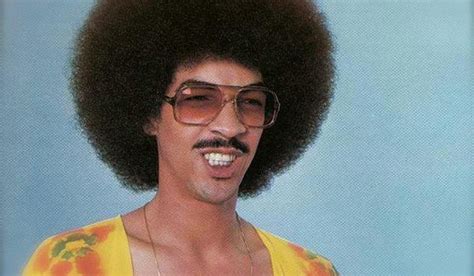A Quote by Lauren Groff
As soon as you publish a book and the reader reads it, they're making an extension of your brain with their brain.
Related Quotes
Everyone uses the brain at every moment, but we use it unconsciously. We let it run in the background without realizing the power we have to reshape the brain. When you begin to exercise your power, the everyday brain, which we call the baseline brain, starts to move in the direction of super brain.
It has often been said there’s so much to be read, you never can cram all those words in your head. So the writer who breeds more words than he needs is making a chore for the reader who reads. That's why my belief is the briefer the brief is, the greater the sigh of the reader's relief is. And that's why your books have such power and strength. You publish with shorth! (Shorth is better than length.)
Every reader, as he reads, is actually the reader of himself. The writer's work is only a kind of optical instrument he provides the reader so he can discern what he might never have seen in himself without this book. The reader's recognition in himself of what the book says is the proof of the book's truth.
Watching a scene from a film in slow motion is possible, but there’s an unreal air to it; reading a passage from a book slowly does nothing to rob the words of their power. A film presents images; a book creates images inside the reader, with the reader’s active participation. Books are good for your brain.
In most sports, your brain and your body will cooperate... But in rock climbing, it is the other way around. Your brain doesn't see the point in climbing upwards. Your brain will tell you to keep as low as possible, to cling to the wall and not get any higher. You have to have your brain persuading your body to do the right movements.
We’re now recognizing that the mind, which is an energetic field of thought which you can read with EEG wires on your brain or with a new process called magnetoencephalography (MEG), which reads the field without even touching the body. So it basically says that when you’re processing with your brain, you’re broadcasting fields.
I don't know but a book in a man's brain is better off than a book bound in calf--at any rate it is safer from criticism. And taking a book off the brain, is akin to the ticklish & dangerous business of taking an old painting off a panel--you have to scrape off the whole brain in order to get at it with due safety--& even then, the painting may not be worth the trouble.







































